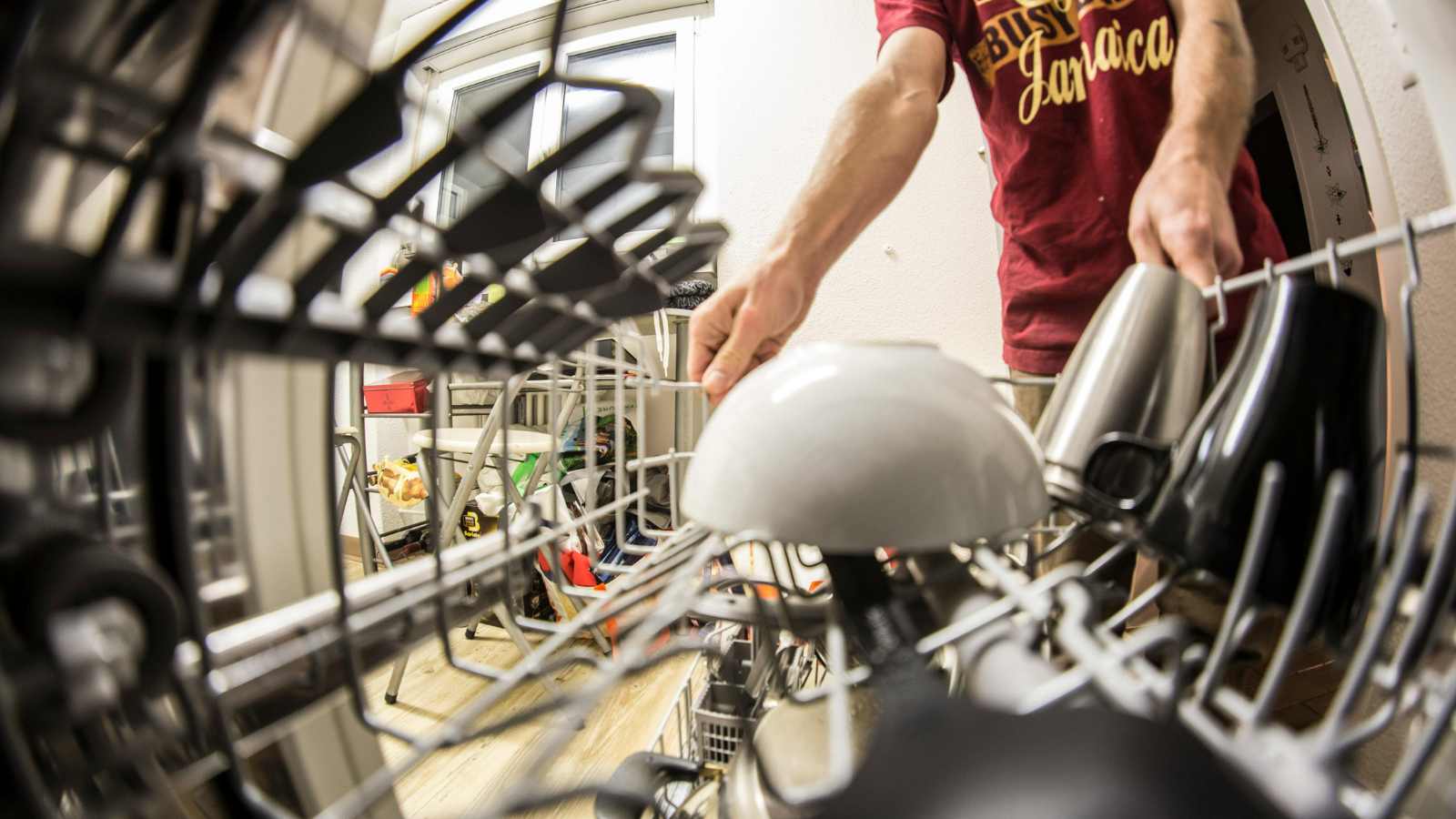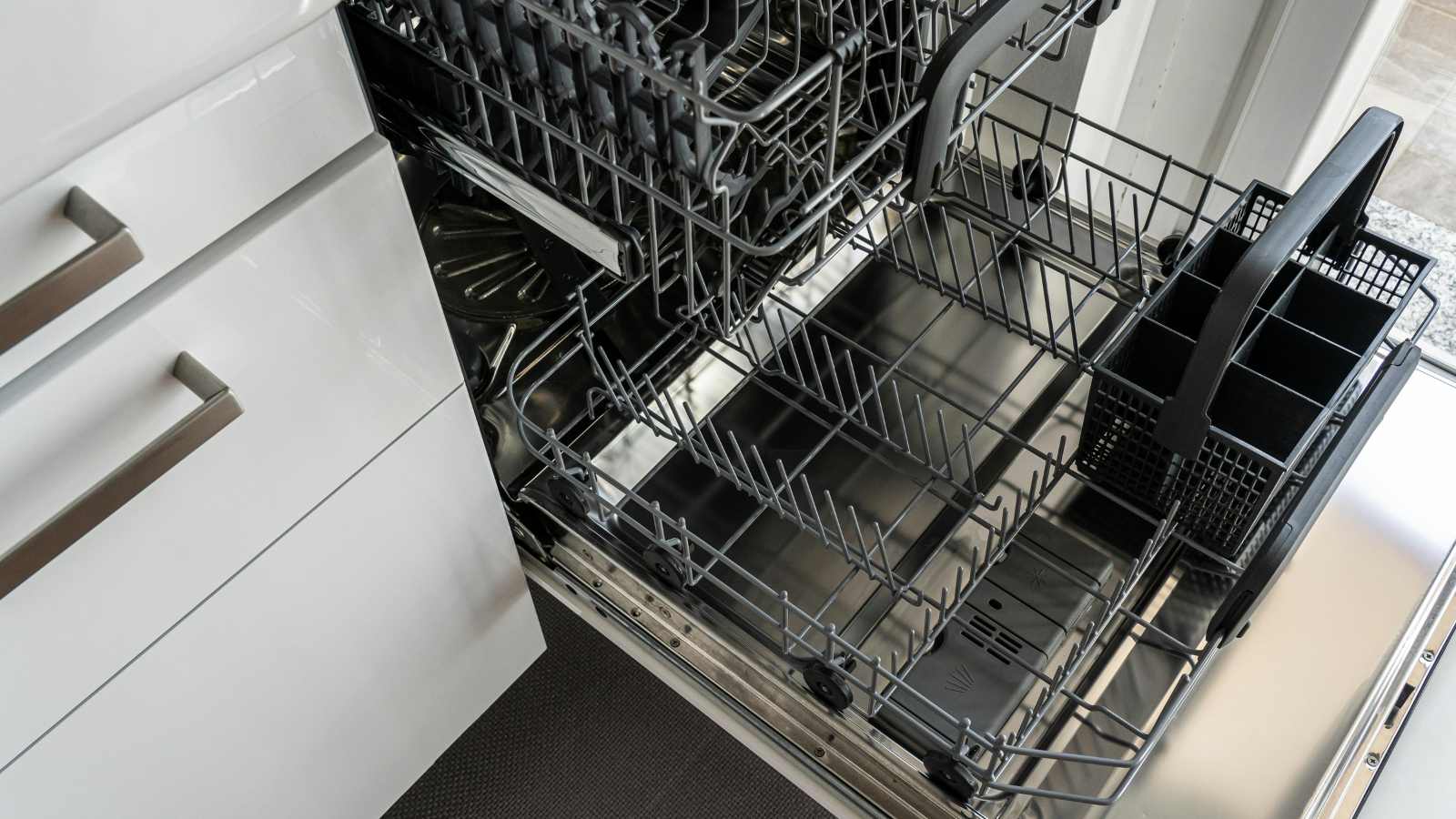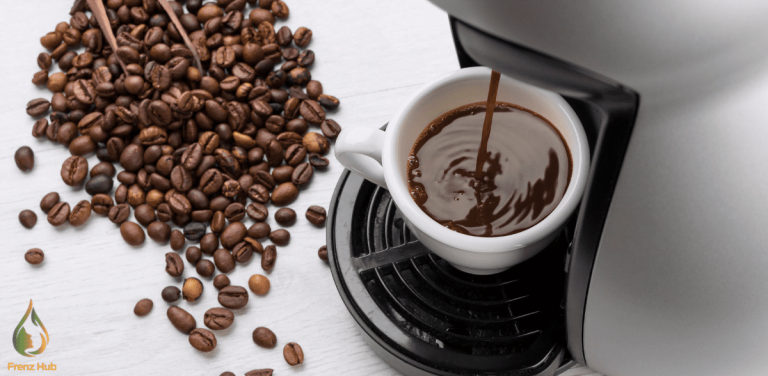How to Clean a Dishwasher to Reduce Smells and Dirt
You know that moment when you walk into your kitchen, expecting the fresh, lemony scent of clean dishes, but instead—bam!—you get hit with a weird, musty smell coming straight from your dishwasher? Yeah, you’re not imagining it. And honestly, you’re not alone.
As of 2025, more than half of American homes (approximately 54%) have a dishwasher humming away in the corner, according to the U.S. Energy Information Administration (EIA). Nearly one in five people admits they never actually clean it. Ever. No wonder funky odors and cloudy glasses keep coming back like bad coffee breath.
So let’s chat—over this latte I’m sipping—about how to get that dishwasher of yours back to smelling fresh and running like it just rolled out of the showroom.
The Truth About Dishwashers
According to ResearchGate, Consumers in the USA are willing to pay up to 90% more for a higher-rated dishwasher. Here’s a little myth-busting: dishwashers aren’t self-cleaning. I know, it feels like they should be. However, over time, food particles, grease, and leftover soap scum accumulate inside. That gunk doesn’t just look bad—it attracts bacteria. That’s the stuff responsible for the funky smell you’ve been side-eyeing for weeks.
Manufacturers recommend a proper cleaning every 30 days. And when people actually follow that advice? About half of them notice fewer odors and way better performance almost immediately.
Step One: Tackle the Filter

The number one culprit for nasty smells is a dirty, clogged filter. It’s basically your dishwasher’s lint trap, and if you ignore it, everything else you do won’t matter.
Pop it out, soak it in warm soapy water, scrub gently, and reinstall. Do this once a month and you’ll be ahead of most people. Seriously—this five-minute step alone can transform your dishwasher.
Step Two: The Vinegar Trick
Here’s the simplest kitchen hack: place a cup or bowl of white vinegar (not apple cider vinegar—trust me, it stains) on the top rack and run an empty hot cycle. That’s it. The vinegar cuts through mineral deposits, detergent film, and lingering odors.
It’s like giving your dishwasher a detox smoothie—simple, effective, and refreshing.
Step Three: Baking Soda for the Win
After the vinegar cycle, sprinkle a cup of baking soda across the bottom of the empty dishwasher. Run another hot cycle. This little move deodorizes the interior and makes the stainless steel shine like new.
Think of it as the mint after the detox smoothie—fresh, clean, and finishing strong.
Don’t Forget the Hidden Spots
Smells love to hide in the spots you don’t usually check. Wipe down the door seals and edges with warm soapy water or a vinegar solution. Mold and mildew love those little creases.
And while you’re at it, pull out the spray arms. Rinse them, and use a toothpick to clear clogged holes. You’ll notice your dishes coming out cleaner once water can actually spray where it’s supposed to.
A Few Habits to Keep in Mind
-
Don’t overload the dishwasher (tempting, I know). Air and water need room to move.
-
Scrape off big food scraps before loading, but skip the full pre-rinse—your dishwasher actually cleans better with a little grime to grab onto.
-
Stick with good detergent and rinse aids. Bargain brands often leave residue that builds up over time.
-
If you’ve got a smart dishwasher, use the self-cleaning reminders and alerts. They’re not just nagging—they’re saving you from funky smells down the road.
The Quick-Glance Maintenance Guide
| Task | Frequency | Why it Matters |
|---|---|---|
| Clean filter | Monthly | Removes debris, prevents clogs/odors |
| Run vinegar rinse | Monthly | Neutralizes smells, removes buildup |
| Baking soda cycle | Monthly | Deodorizes and brightens interior |
| Clean spray arms | Every 2–3 months | Keeps water flowing strong |
| Wipe seals/gaskets | Monthly | Stops mold and mildew |
| Avoid overloading | Every load | Ensures proper cleaning |
| Use correct detergent | Every load | Reduces residue and smell |
The Bottom Line
Here’s the deal: a dishwasher that smells like last week’s leftovers isn’t broken—it’s just overdue for a little TLC. With a quick monthly routine—filter, vinegar, baking soda, and a wipe-down—you can stretch its lifespan, keep your kitchen smelling fresh, and make sure your dishes sparkle every time.
It’s a small investment of time with a big payoff in performance. And hey, if you keep it up, maybe the only smell greeting you in your kitchen will be your morning coffee.








